
Jan. 13, 2023
Mizzou Engineer leading NSF Convergence Accelerator project to ensure food safety
A Mizzou Engineer is leading a team to develop new technologies that will quickly detect foodborne pathogens with the goal of improving food safety, especially among lower socioeconomic communities.
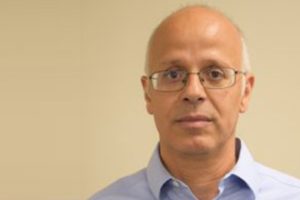
Jan. 11, 2023
Team using artificial intelligence to revolutionize infrared sensors
With funding from the U.S. Army, a Mizzou Engineering team and collaborators are using artificial intelligence in hopes of revolutionizing infrared sensors.

Jan. 3, 2023
Team to present work around spiking neural networks at DATE conference
A Mizzou Engineering research team led by Assistant Professor Khaza Anuarul Hoque will present two papers at the Design Automation and Test in Europe Conference and Exhibition (DATE), an A1-rated conference, in the area of hardware and electronic design automation (EDA), in Belgium this coming spring.

Oct. 24, 2022
Researchers using machine learning to transcript centuries-old scripts
A University of Missouri research team has proved that a machine can be trained to decipher centuries-old script. Now, they want to see if that model is smart enough to read other handwritten documents from the era without as much human assistance.

Oct. 12, 2022
Calyam receives NSF grant to explore future of cloud/edge computing
Prasad Calyam is exploring how cloud and edge systems can work together, ensuring that information can be intelligently and securely transferred from one trustworthy platform to another
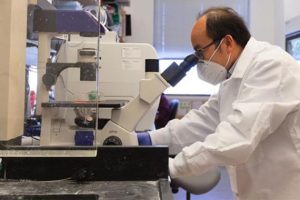
Oct. 11, 2022
Wan receives $5 million grant to study animal-human transmission of SARS-CoV-2
Professor Henry Wan has received a $5 million USDA grant to study whether animals might send new variants of the SARS-CoV-2 virus back to us.
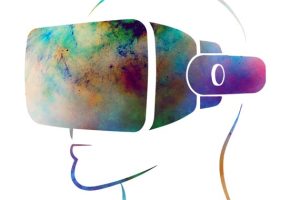
Sep. 6, 2022
Mizzou Engineering team using explainable machine learning to combat cybersickness
Nausea, headaches, dizziness. Just as motion sickness can ruin an otherwise pleasant road trip, cybersickness can make virtual reality unbearable for some users. That’s a problem as even the federal government has prioritized spending to incorporate immersive technology in educational, medical and commercial settings. In hopes of mitigating the effects of cybersickness, a Mizzou Engineering team has come up with TruVR, a framework for developing a cybersickness detection method based on explainable machine learning. Khaza Anuarul Hoque In other words, they’re developing a system that could predict and explain cybersickness which can ultimately aid in preventing cybersickness in…
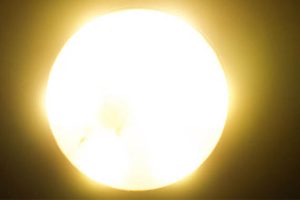
Sep. 1, 2022
Building a better bulb: New faculty member brings NSF-funded research to Mizzou
Assistant Professor Peifen Zhu is on a quest to build a better light bulb, and now, she’s looking for Mizzou Engineering students who want to help. Zhu is a new faculty member in electrical engineering and computer science. She brings to Mizzou research around development of safer, more energy efficient lights, work that is supported with a Faculty Early Career Development (CAREER) Award from the National Science Foundation. Peifen Zhu “For my research, I am developing materials for lighting technology that has a lot of advantages over conventional lighting technology,” she said. “The two main technologies now are…
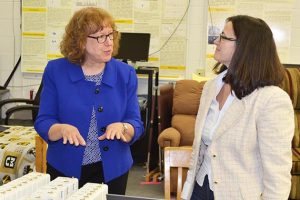
Aug. 12, 2022
Mizzou becomes part of Center to Stream Healthcare in Place, an NSF consortium
Mizzou has become the fifth university to join the Center to Stream Healthcare in Place (C2SHIP), a National Science Foundation (NSF) consortium focused on helping patients monitor and manage their health at home.

Aug. 9, 2022
Blockchain could be key to connecting patients with clinical trials
Blockchain technology could help connect patients to clinical trials. Before a prescription drug or device can become available to the general public, it has to go through clinical trials to determine its safety and effectiveness. The problem is that most people don’t even know these trials exist, let alone how to participate in them. Chi-Ren Shyu, Shumaker Professor in electrical engineering and computer science, believes blockchain is the key to connecting patients to the companies developing potentially life-saving treatments. Shyu is also director of the MU Institute for Data Science and Informatics. Chi-Ren Shyu Blockchain is a…